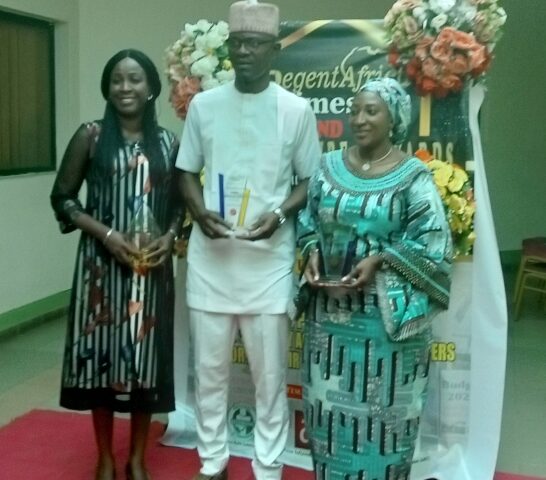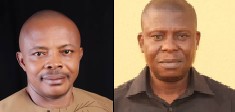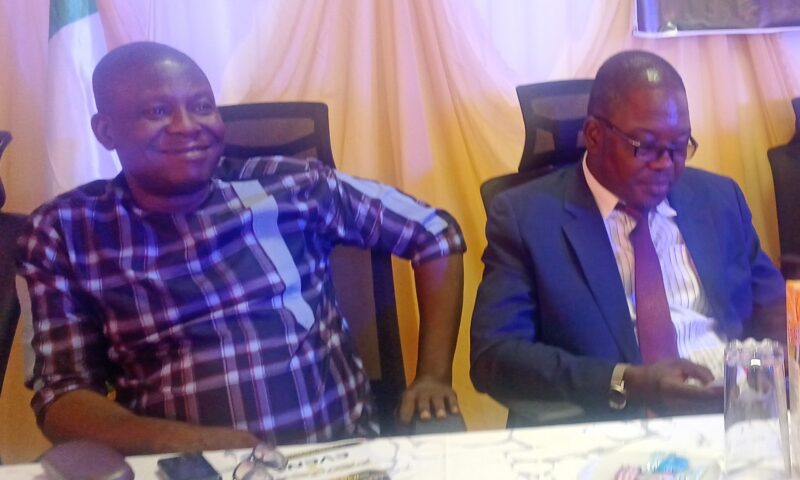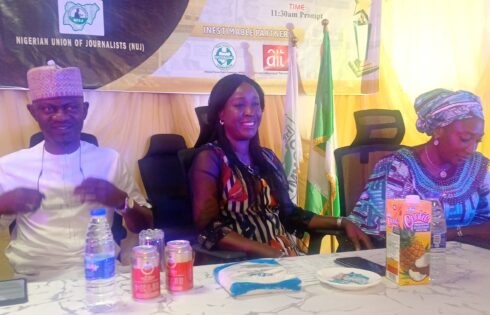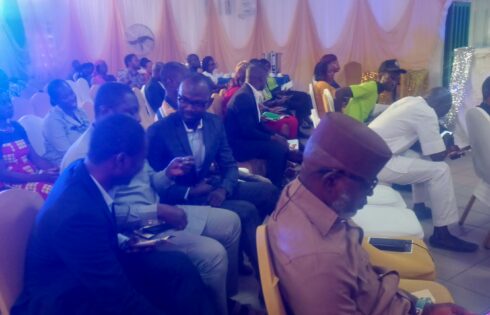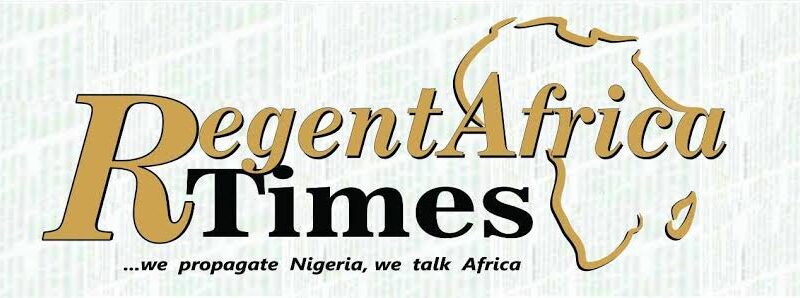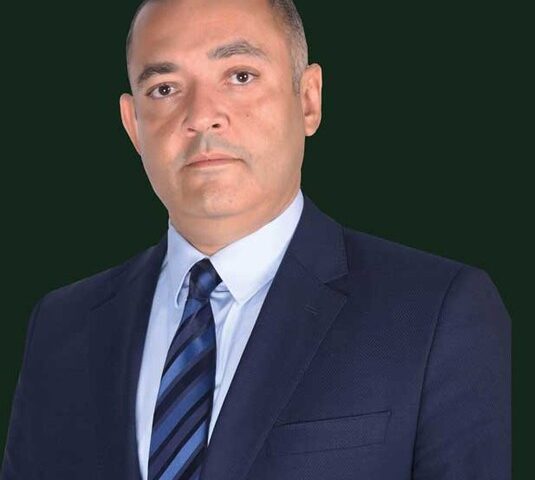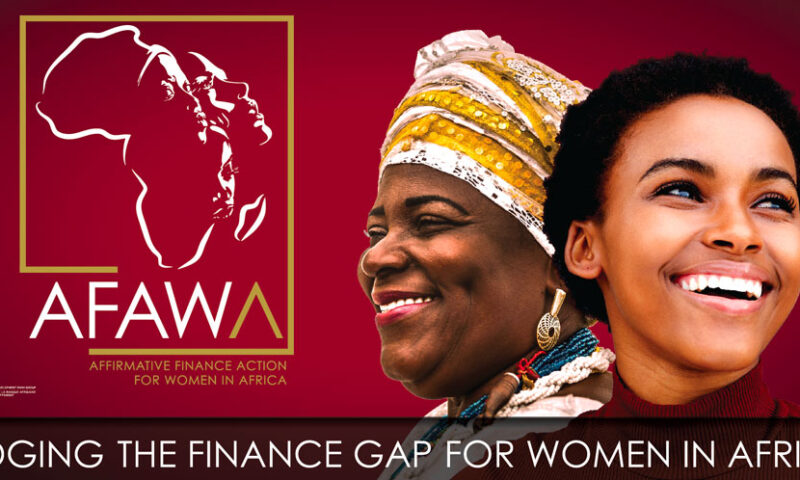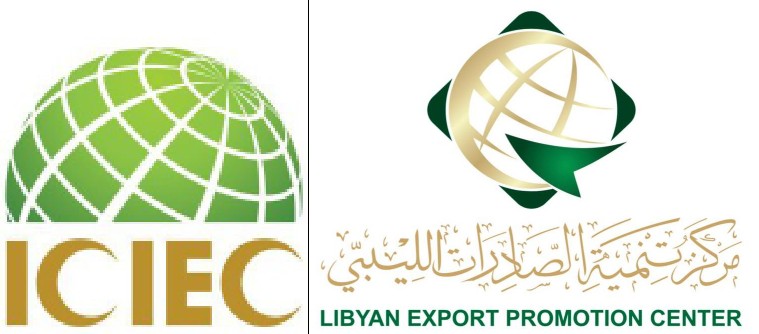(AfDB), IsDB join forces to boost Africa’s health defense systems through the pharmaceutical industry
By Favour Nnabugwu
The African Development Bank Group and the Islamic Development Bank have signed a joint partnership action plan for the development of the pharmaceutical industry sector within their African member countries.
The plan offers a new framework for strengthened cooperation and mutual development priorities, with a strong emphasis on boosting the continent’s health defense systems.
The aide-memoire was signed on Thursday, at the headquarters of the Islamic Development Bank in Jeddah, Saudi Arabia, by Dr. Abdu Mukhtar, Director of Industrial and Trade Development for the African Development Bank and Islamic Development Bank, Director of the Economic and Social Infrastructure Department, Idrissa Dia.
The signing rounded out two days of presentations and deliberations on the institutions’ health strategies for Africa and the African Development Bank’s Pharmaceutical Action Plan (https://apo-opa.info/3Kdrv6Y). During the sessions, teams from both institutions discussed a joint pipeline of pharmaceutical projects proposed for co-financing, as well as potential collaboration in advocacy and knowledge creation for their member countries.
The Joint Action Plan enables both institutions to grow a shared pipeline of bankable projects around key complementary themes to which each institution would bring their comparative advantage. The plan covers lending to public and private sector projects and pharmaceutical development projects using a regional approach.
The institutions will also cooperate on the organization of a global Pharmaceutical Business Forum in May 2023 at the General Annual Meetings of the African
Development Bank. The event will bring together key pharmaceutical sector industry captains, including big pharma companies, continental, regional and governmental regulatory agencies, technology transfer entities. The gathering will deliberate on business opportunities, vaccine off-take agreements, pharmaceutical technology transfer agreements and project preparation resources, among other topics.
“The African Development Bank Group places considerable importance on partnerships in its contributions to sustainable development in Africa. Through partnership we can go further, we can increase development effectiveness, we can leverage our complementarities and harness our synergies,” said Solomon Quaynor, Vice President of Infrastructure, Private Sector and Industrialization.
In addition to defining a joint action plan, Anasse Aissami, IsDB Director General, Country Programs, encouraged the participants to expedite implementation of the respective pharmaceutical programs with focus on increasing local production and regulatory support. Amer Bukvic,
Acting Director General, Global Practices and Partnerships, seconded his remarks, adding that: “we will solidly establish and operationalize the health and pharmaceutical collaboration, and we will work hard to enhance the technical cooperation”.
In 2017, heads of the two institutions signed a co-financing Memorandum of Understanding to scale up co-financing activities over the period 2018-2020. A sum of $2 billion was earmarked for co-financing, equally split between the two institutions. The MoU was extended to December 2023 in order to intensify co-financing across strategic sectors such as infrastructure development; human development; private sector development and investment promotion.
“There is room to extend our partnership under the umbrella of the existing MoU to our priority sectors,” Desire Vencatachellum, Director, Financial Mobilization and Partnerships for the African Development Bank noted during the meetings.
Following the signing, Dia, highlighted the need to increase cooperation across all human development sectors and initiatives, given the strong strategic and operational alignment between the IsDB and the African Development Bank across the health, pharmaceutical, education, water and sanitation sectors.
The African Development Bank’s Pharmaceutical Action Plan is well aligned with IsDB’s strategy in the pharma sector. We will work collaboratively and with other partners to achieve results in this sector, which is critical to Africa’s development,” Mukhtar said.
Dr. Ammar Abdo, Human Development Manager indicated that the IsDB-AfDB health industrialization initiative is a deep dive exercise between the two sisters’ institutions on strategic and operational health matters.”
Also present, Martha Phiri, Director of Human Development Department noted the alignment of the Health Infrastructure Strategy of the African Development Bank with IsDB’s plans. “The respective health teams will explore a joint pipeline in line with this pharmaceutical collaboration pipeline,” she said.
The teams will continue to meet monthly to review progress and share insights on proposed common projects. They also announced that they would hold a review meeting before December 2023 to assess the progress of sovereign and non-sovereign projects.


